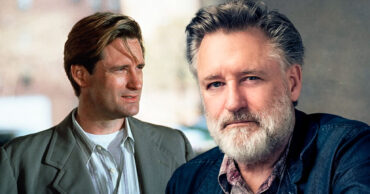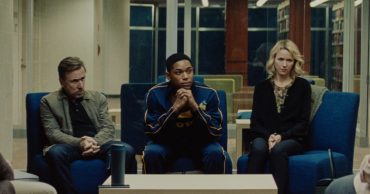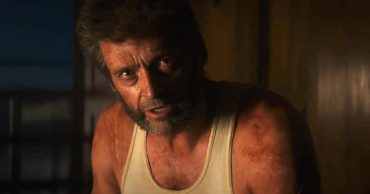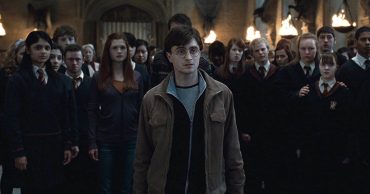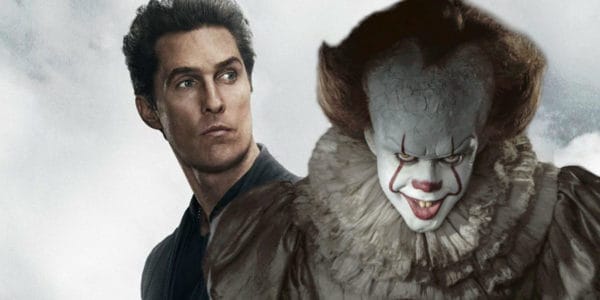
Looking back, the cinematic landscape of my youth is unrecognizable next to today’s. Growing up, movies — even entire franchises — were isolated things: sheltered from the narrative entanglements of even related series.
It didn’t matter that both Spider-Man and X-Men were based on Marvel comics. Nobody so much as dreamed that 1978’s Superman was connected with 1989’s Batman. And even though every Stephen King novel was merely a small part of a greater story, It was just an adaptation of It and The Stand was just an adaptation of The Stand and never the twain shall meet.

Obvious a lot has changed since I was a kid. In the post-Avengers world we live in, every blockbuster needs to be spun-out and inter-connected and made inseparable from every other series a movie studio puts out. Wonder Woman needs to tie into the events of Batman vs Superman. Alien: Covenant can’t just be another Alien movie. Even Spider-Man — just Spider-Man — needs to somehow exist as part of a cinematic universe.
And in this brave new world, one of the most surprising and obvious hold-outs to this inter-connecting trend are the works of Stephen King. As I’ve already mentioned, King’s novels are uniquely situated to capitalize on the current studio trends of throwing even unrelated movies into a shared continuity. Not only is his Dark Tower series a seven-volume epic, but it ties directly into nearly every other novel and stand-alone story the man ever wrote.
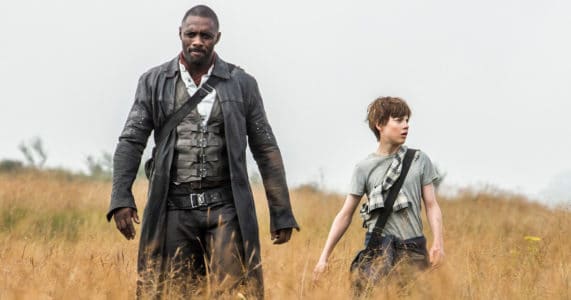
Pennywise — the clown-faced villain from It — is a cosmic being who directly ties into the events of the Dark Tower. Series protagonist Roland Deschain actually travels into the plague-ridden wastes of The Stand and teams up with the faithless priest from Salem’s Lot. Hell, most of his novels take place in the same two small towns in Maine and make numerous references to one another.
The thing is, most of these novels have individually proven to make popular movies. Despite its obvious flaws, It is considered a horror classic. The Shining is one of the shining gems of the illustrious Stanley Kubrick’s career. Frank Darabont has practically made a career off of adapting King’s works, having directed The Shawshank Redemption, The Green Mile and The Mist.
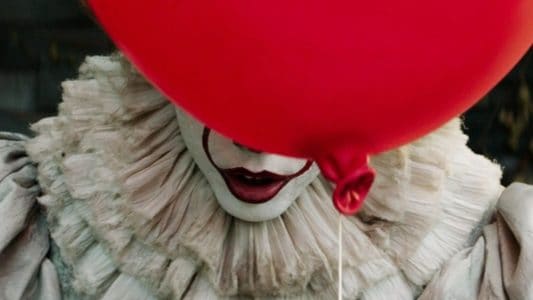
This year alone, we’re getting two major King adaptations: a remake of It and the first entry in a presumptive Dark Tower series. But despite the intimate, necessary connections between the two films, there are all of zero plans to combine them into a Stephen King cinematic universe.
Both movies look promising on their own. It appears to be dark and frightening in ways that its predecessor never came close to being and The Dark Tower is the same, genre-bending work of high fantasy that remains a staple of American pulp to this day. And yet, individually, they can’t help but feel like castrated narratives.
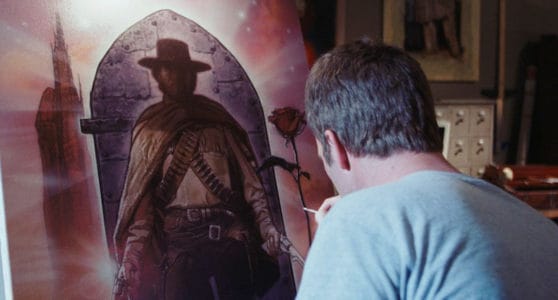
It exists only as a means of fleshing out King’s greater multiverse: starring a being of cosmic importance that fails to make any sense whatsoever when taken strictly on its own terms. Although The Dark Tower is a thrilling adventure on the surface, its most memorable characters, settings and plot points all come from King’s other works. Without them, it’s just not the same story.
It is not the start of some larger Stephen King cinematic universe. It doesn’t lead into The Dark Tower and will not be fleshed out in a later movie. These movies won’t tie into one another in any way. And that’s a real shame.
 Follow Us
Follow Us
